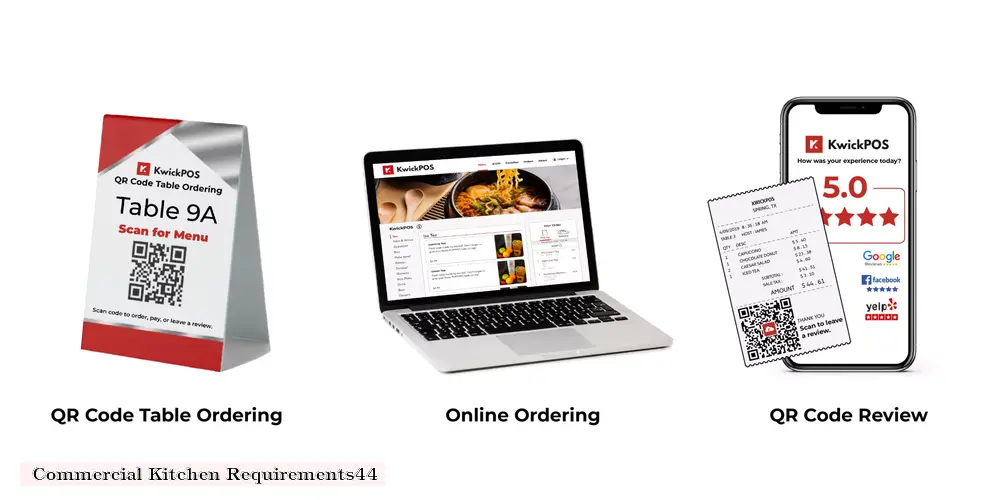

1. Fire safety requirements: Fire safety requirements are an essential aspect of commercial kitchen design and operation. They include proper ventilation, automatic fire extinguishers, and proper storage of flammable materials.
2. Food safety requirements: Food safety requirements are essential for preventing food contamination and ensuring that food is safe for consumption. They include proper food handling and storage, regular cleaning and sanitation of equipment, and proper disposal of waste.
3. Accessibility requirements: Accessibility requirements ensure that everyone can access the kitchen and dining areas. They include wheelchair ramps and elevators, wide enough doorways for wheelchairs, and accessible restrooms.
4. Environmental requirements: Environmental requirements aim to reduce the kitchen's environmental impact. They include energy-efficient equipment and lighting, water conservation measures, and proper waste management.
5. Employee safety requirements: Employee safety requirements are vital to ensure that staff members are safe while working in the kitchen. They include proper training on equipment use and safety procedures, personal protective equipment, and adequate lighting and ventilation.
6. Layout and design requirements: Layout and design requirements ensure that the kitchen operates efficiently and safely. They include adequate space for food preparation and storage, proper ventilation and lighting, and easy cleaning of equipment and surfaces.
7. Noise control requirements: Noise control requirements aim to minimize noise pollution in and outside the kitchen. They include sound-absorbing materials like acoustic panels and proper placement of exhaust fans.
8. Smoke and odor control requirements: Smoke and odor control requirements prevent excessive smoke and odors from disturbing neighbors and polluting the environment. They include proper ventilation systems with filters and odor-removing technologies.
Overall, it's crucial to consider these commercial kitchen requirements to ensure your restaurant operates safely, efficiently, and sustainably. These will also help create a positive reputation and avoid legal issues.
I'm glad I could help you explore these commercial kitchen requirements. Let me know how else I can assist you.
DISCLAIMER: This information is provided for general informational purposes only, and publication does not constitute an endorsement. Kwick365 does not warrant the accuracy or completeness of any information, text, graphics, links, or other items contained within this content. Kwick365 does not guarantee you will achieve any specific results if you follow any advice herein. It may be advisable for you to consult with a professional such as a lawyer, accountant, or business advisor for advice specific to your situation.
today
Copyright © 2026 Kwick365.com
Designed by KwickPOS is the best restaurant POS